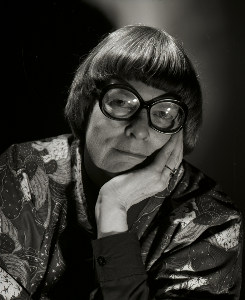A Quote by Jim Jarmusch
I know from the past, critics often say my films don't have any plot, that kind of thing. I'm used to being told, "Yeah, it's slow and has no plot."
Related Quotes
Fiction writers come up with some interesting metaphors when speaking of plot. Some say the plot is the highway and the characters are the automobiles. Others talk about stories that are "plot-driven," as if the plot were neither the highway nor the automobile, but the chauffeur. Others seem to have plot phobia and say they never plot. Still others turn up their noses at the very notion, as if there's something artificial, fraudulent, contrived.





































